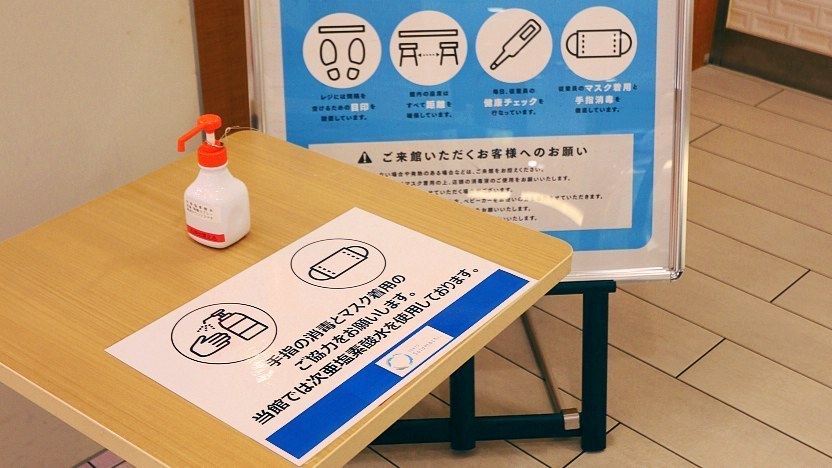Mask rules and other coronavirus-related manners

Mask-wearing and other virus-related rules have never been legally enforced in Japan, and vaccination certificates have not been in wide use. Instead, the government released guidelines on how to prevent the spread of the coronavirus. To this date, people in Japan remain generally more concerned about the virus than people in most other countries.
Face masks
For decades before COVID-19, face masks have been a common sight in Japan, both as a protection against colds and hay fever and to avoid passing sickness on to others.
Expert recommendations about mask wearing
On March 13, 2023, the government dropped its recommendation to wear masks and is now leaving it up to the individual to decide whether to wear a mask or not. Only in places such as medical institutions and on crowded public transportation, the government continues to recommend the use of masks.
The actual current situation regarding mask wearing
In practice, many people in Japan continue to wear masks in indoor situations, on public transportation and in busy city streets, although the number of maskless people has greatly increased since May 2023.
Other precautions
On May 8, 2023, the government downgraded the coronavirus to the same level as seasonal influenza and stopped issuing recommendations to businesses regarding coronavirus prevention measures. Instead, it is now up to the individual business to make a judgement about prevention measures.
While some shops and other establishments have returned to their pre-COVID way of doing things, others continue some of the measures, such as providing hand sanitizers at the entrance and plastic dividers at reception and cash desks. Since the coronavirus pandemic, an increased number of sightseeing attractions have also introduced optional or mandatory advance reservation systems, many of which can be expected to remain in place.

The "three Cs"
At the heart of the government's public health approach to controlling the spread of the virus have been the "three Cs", identifying conditions under which the virus spreads most easily:
- closed spaces with poor ventilation
- crowded places with many people nearby
- close-contact situations such as up-close conversations
Settings in which two or all "three Cs" are present pose a particular risk. Badly ventilated indoor places that serve alcoholic drinks and come with maskless, up-close, loud conversations, for example, provide the perfect conditions for the spread of the virus. Trains and planes are generally considered less problematic because they tend to be well ventilated.

Questions? Ask in our forum.


